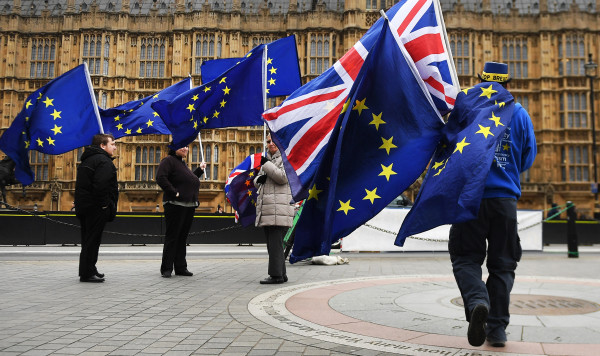

The government has pledged that UK pensioners who are living in the European Union will continue to receive annual rises to their state pension after Brexit is completed this month.
In a document published last week (January 24), the department for Work and Pensions confirmed that UK nationals now living in the EU will get their state pension uprated every year for as long as they continue to live there.
Previously the government and others in the pension industry had warned these individuals could lose the annual increase if the UK left the EU without a deal.
But last week parliament passed the withdrawal agreement, which paves the way for the UK's exit from the EU on January 31.
In the document, the DWP stated: “The Withdrawal Agreement sets out the terms of the UK’s withdrawal from the EU and provides for a transition period lasting until 31 December 2020. This is a time-limited period before changes take place.”
It added: “If you are a UK national living in an EEA state or Switzerland by 31 December 2020 you are covered by the Withdrawal Agreement.
“You will get your UK state pension uprated every year for as long as you continue to live there. This will happen even if you start claiming your pension on or after 1 January 2021, as long as you meet the qualifying conditions.”
However, those moving to EU countries after 2020 may not be entitled to the same benefits, including state pension uprating.
The document stated: “If you are not covered by the Withdrawal Agreement and you move to live in an EEA state or Switzerland from 1 January 2021, the rules on entitlement to UK benefits in these countries will depend on the outcome of negotiations with the EU and may change.”
Those who retire after 2020 but are a UK or Irish national living in Ireland will continue to receive the yearly increases to their state pension.
Under current triple lock rules, the state pension increases each year in line with whichever is the highest: consumer price inflation, average earnings growth, or 2.5 per cent.
Guidance from the DWP also reassured savers that their pension provider should have made plans to make sure they will still receive payments from their annuity or personal pension after the UK has left the EU.
The guidance stated: “Your pension provider should contact you if they need to make changes to your annuity or pension or the way you are paid after the UK has left the EU.”
There will also be no changes to workplace pensions being paid overseas.
amy.austin@ft.com
What do you think about the issues raised by this story? Email us on fa.letters@ft.com to let us know.



